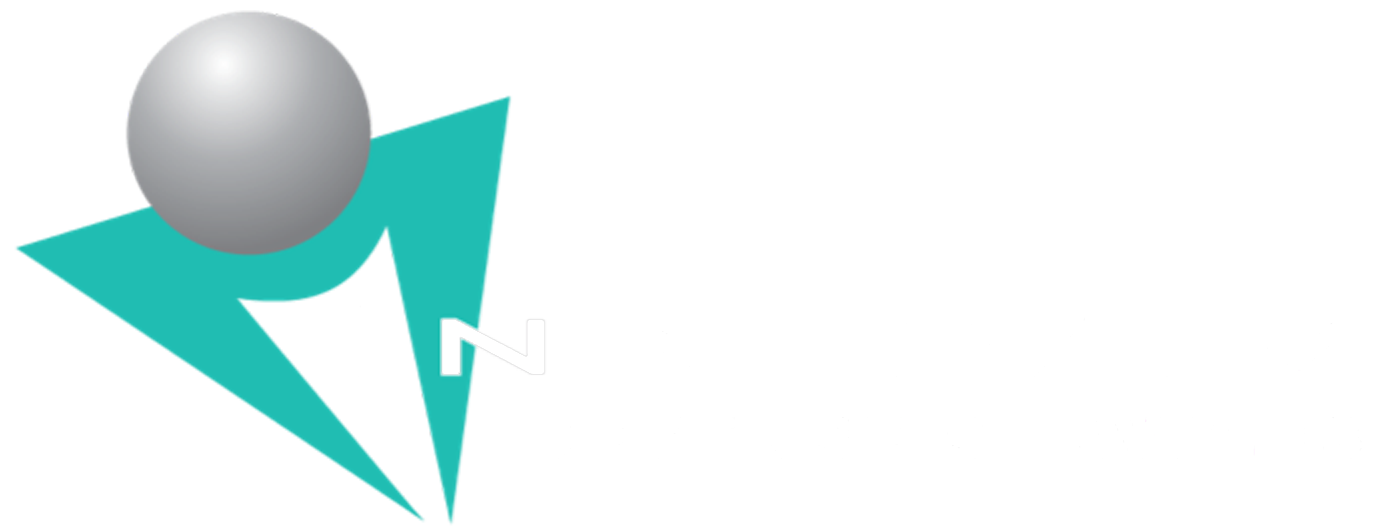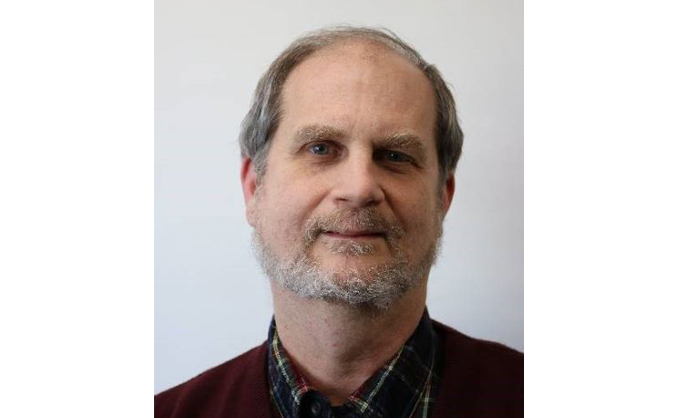An INNOVIM employee since 2012, Ken most recently joined the NOAA National Environmental Satellite, Data, and Information Service (NESDIS) Office of Projects, Planning, and Analysis (OPPA) INDEC Scatterometer Satellite (SCATSAT) team in August 2018 as Chief Engineer. He quickly proved to be an invaluable resource to the program.
During the longest government shutdown in history, Ken led the SCATSAT project without government direction to prepare for the Critical Designed Review originally scheduled for mid-January 2019. His dedication and passion for this important work earned the recognition of his government customer and the gratitude of the NESDIS offices supporting this project.
“As one of those peers whom Ken has inspired and motivated for the success of the SCATSAT project, I am very thankful for having Ken on my team!” said Chol Chang, SCATSAT Project Manager. In appreciation of Ken’s dedication, Chol nominated Ken for the OPPA Peer Appreciation Award.
INNOVIM’s Chief Science Officer, Dr. Philip Ardanuy, feels the same way…“I’ve known Ken since his days on NASA’s Cosmic Background Explorer (COBE) mission. Since then we’ve collaborated on the JPSS VIIRS instrument design and algorithm theoretical basis, developing a repeatable research-to-operations process for the NESDIS Center for Satellite Applications and Research (STAR), and now supporting OPPA in translating requirements for data, products, and services into flight projects. I can say with high confidence that, when you’re challenged, there is no finer science/system engineer to have on your team than Ken!”
The ISRO-NOAA Data Exchange and Cooperation (INDEC) Program is a cooperative partnership program led by NOAA and The Indian Space Research Organisation (ISRO). The INDEC Program is an overarching structure for all shared efforts between ISRO and NOAA. NESDIS and OPPA represent NOAA in the management of INDEC Program and Project. Through flight projects, domestic and international partnerships, and data exploitation initiatives, the OPPA implements evolutionary improvement to satellite systems, enables expansion of international space cooperation, and improves space-based earth and solar observations capabilities.
Congratulations, Ken!

